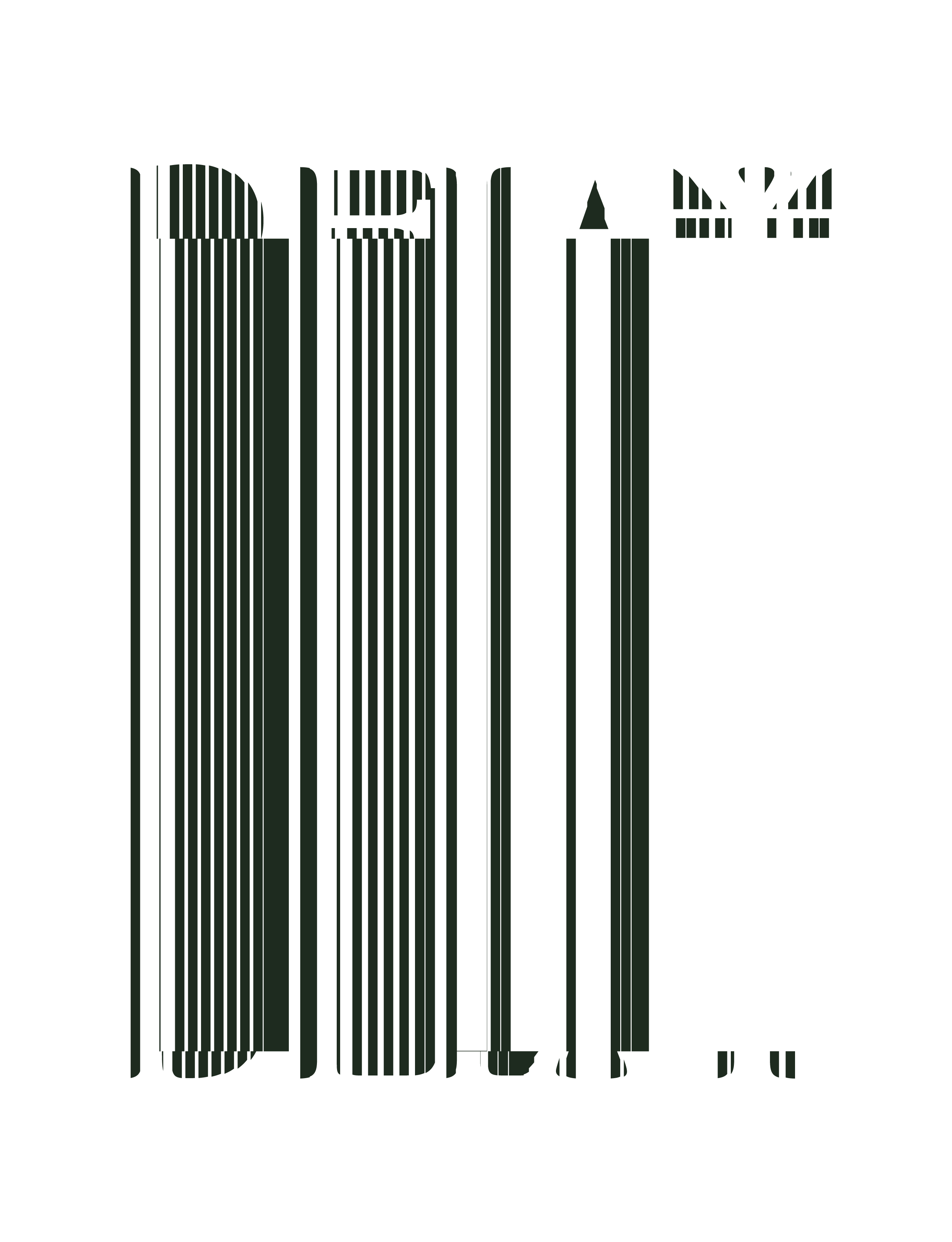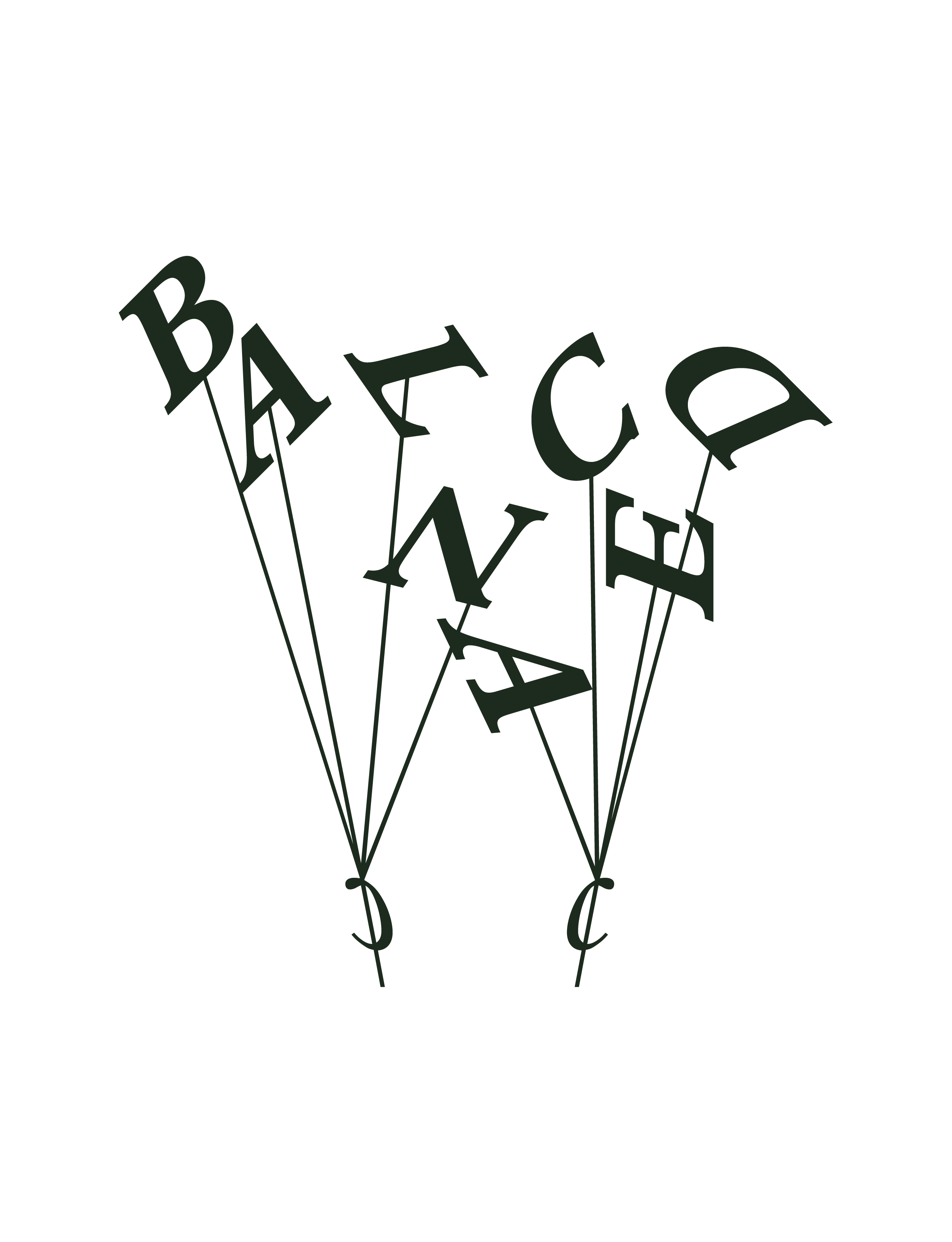Arkadiusz Bryl--- 8 September 2019
By Lorenzo Princi
What do you do?
I promised myself I wouldn’t script it right! My business-- I wear a few hats now but at the moment, like when we talk about my business and Real Knowledge Diverse Solutions I guess what I like to think I do is empower people to know everything they need to know about money, or everything they want to know about money. Beat the banks! So, helping people beat the banks, beat the tax man. Learn the things they should have learned in school and just try to, sort of, create a relationship with money again because I think-- what I’m finding now-- a big thing that I found in the last week is we’ve lost our relationship with money. It’s just this random fucking figure that gets paid into a bank account and you know and like, there’s something that’s two bucks at petrol station; you tap and pay. Put a hundred dollar green note in your wallet, then buy the two dollar thing… you know, you’re not going to break that hundgie.
So, I think that’s what I’m trying to do, just help people understand money. Help people create a relationship with money and help people do what they want to do you know? Doesn’t mean you all have to buy a house or invest, if you just want to go blow it all that’s fine, but have a plan!
“We’ve lost our relationship with money.”

So, how did you get into finance?
How long have you got? [Laughs]. Nah, I’ll take it sort of back to growing up-- I think-- like I never grew up with money. So, my parents-- I’m a first generation Australian. So, my parents came here from Poland, the whole like, pillows and a blanket-- they didn’t even have pillows and a blanket. My Mum just had books and my dad had a typewriter, literally. So they came here with my brother and sister; my sister is eighteen years older than me, my brother is-- I don’t even know how old my brother is but he’s like forty-five. So, there’s a pretty big gap.
And they came here and I pretty much grew up not seeing money and, you know, like, we always struggled. So, when I was in highschool I started just starting businesses; just trying to make money off anything. Buying Coke cans, twenty-four Coke cans and selling them for a dollar, making forty cents a clip whatever. So, I think like I always tried to understand money and then when I was in high school, in year 10, I asked my business studies teacher how to start a business legitimately and he said, “you’re not here”—this is in Business Studies by the way—he’s like, “You're not here to learn how to start a business, you're here to succeed in the HSC.” So, I stopped going to school - literally.
So, I stopped going to school, got expelled twice for attendance, didn’t get my HSC and then just did random jobs man. So, how I got into it (finance) is really funny, I was going door-to-door Foxtel sales, then I started a team, like literally selling Foxtel door-to-door, making a killing; it was dumb fun, we had a van, I was young, like eighteen, nineteen during the time and, yeah man, just one day like two years in knocked on the COO’s door of a company, an insurance company and he’s like-- got me in, started asking me about the terms and conditions and he was like, “How would you like to earn five thousand dollars a week selling insurance?” “Sounds great!”
So he was like, “We’re going to fly you to Melbourne, you’re going to do a two week course. So, you’re going to get accredited to sell insurance.” So I was like, “Okay!” Did that, got my general insurance licence, so-- which allows me to I guess, sell life insurance, TPD insurance, Total Permanent Disability income protection, did that for two years and then I sort of became that person that people would talk to about other things. So, when you’re talking about insurance, you’re talking about assets, liabilities and started my own insurance business and moved to Tasmania, Insurance Tasmania I started, had a fall-- I got ripped off by a business partner. I was young and dumb but came to New South Wales, started Insurance New South Wales, got ripped off again-- young and dumb [laughs] but during that time I met a financial adviser, he went to an appointment with me because we needed to transfer money from the super to pay for the insurances and I wasn’t allowed to do that.
And I just asked him what he did and he’s like, “I’m a financial adviser; I help people with money.” And I was like, “Cool…” So, I found out what I had to do-- you had to do something called an RG146 (Regulatory Guide 146 on Training of financial product advisers), which is like an accreditation and I was like, “you know what man? I keep starting these businesses but I don’t really know anything about money. All I know is money in, money out.”
I do this course, it was a three month course. I had to go every Saturday and I met my mentor Eleni Katholos there and man, like-- met her and she told me, “Arkadiusz, when you finish this, you’re going to start your own financial planning business…” I was like, “What?” And she’s, “You’re not employable!” [Laughs] and I was like, “I agree!” So I’ve never been employed up until now actually but that’s another story.
So I started-- I worked for a boutique for about six months but did a lot of odd jobs in between, sort of-- mentored by her, I went to a lot of client appointments and just did a fact find where I just asked people questions, I’d sit with her, we’d develop plans and yeah that’s sort of how it became… and never looked back. It’s been here for three years now.
And what are those differences and challenges between working with firm versus working for yourself?
[Laughs]. Yeah, there’s something I always say, and we just had the Lime bike-- like I just rode the Lime bike (before the interview)-- it’s funny, I compare traditional-- and I’ve said this before so I’m sorry I’m saying it again but it’s just such a big point, like, I compare the traditional financial adviser model to that of a taxi; you get into this car, you don’t even know how the meter works, you don’t know what the route is going to be like, but it’ll get you there. You don’t know how much you’re going to pay, you don’t know how you’re going to get there but it will get you there and I guess that’s what financial advice is-- whether you get ripped off or not, you’re probably still going to be better off-- probably, in most cases.
Whereas my vision of financial advice is like Uber where; before you even get it you know exactly what route it’s going to take you on, you have the options of selecting a route, selecting a cost, you know everything about the person and, you know-- you know, how much it’s going to cost and where you’re going to end up. I think that’s the issue with traditional financial advice is, you only get advice if you pay for it; “We know everything!” And, like the thing is like, financial advisers don’t have all the answers, the answers are out there, literally. Like, you Google anything, the answers are out there, we just know what questions to ask.
So, the only reason we exist at all as an industry is because we know what questions to ask and firms and big banks and that, forget that. That we’re just glorified people that ask questions, that’s it.
“We’re just more aware, I think the issue with that is it creates delay in making a decision.”

You touched on this earlier with the idea that the concept of money has changed and changing and you do focus on working with young people-- is it difficult for young people now due to the very different nature of our relationship with money as opposed to that of their parents’ generation and getting financial advice from them is not necessarily applicable?
I think it’s-- It compares to anything-- eating habits and-- I mean, my parents weren’t fucking counting their calories and having a green juice every second day to detox or eating olive leaf-- you know what I mean!? Like, I guess you develop your relationship originally from your parents right, and I think it’s not always right, it’s not always correct and like I’m sure you’ve been to a barbecue recently where you’ve met someone that’s a property expert because they’ve bought a fucking house in Guildford or Greystanes or Granville for four hundred grand in 2010 and now it’s worth one point two; it’s not-- you’re not an expert, you just fucking bought at the right time, in the right place, and you got lucky you know.
So, I think young people-- I think just people in general have more access so I think we’re a lot more aware, we know our options but at the same time we just don’t trust as much, you know like, if your mum and my mum were friends and you're mum said, “go see this mortgage broker.” You would go fucking see the mortgage broker but now if, like, if I tell you to go see a mortgage broker, you’ll fucking look him up [laughs]. You know!?
It’s a different vibe, so I think we’re just more aware, I think the issue with that is it creates delay in making a decision. So, with information comes the issue of being too informed and having too many options and then not knowing what to do. You're just overwhelmed, you’re just like, “Holy shit!” Like, “This is what I can do? I’ve got fifty grand; I can buy a house, I can buy shares, I can put in Super, I can do this, this, this, what do I do?”
Whereas the old generation, they’d be like, “Well, him across the road bought this land, so I’m going to buy land.” [Laughs]. So, I think that’s the thing, we’re getting more access, but with more access it’s creating-- it’s making it harder to make a decision, so that’s why I’m seeing, I guess, the trends with financial advice at the moment. There’s a lot of information and people not knowing what to do with it, it’s an issue right?
“There’s a lot of information and people not knowing what to do with it.”

So, after starting multiple businesses but now more recently with RKDS, what have been the challenges, you mentioned trust nowadays, but what else?
I honestly give away too much shit for free and, like, I charge way too little. I think my biggest challenge as a business, like—hand-on-heart—is cash-flow and the reason behind it is like, I could just target high-net-- and like, I have meetings with people all the time, like BDMs from insurance companies and Super(annuation) companies and they’re like, “Arkadiusz, you know how to generate a lead, you know how to get in front of someone, you know how to convert that person; put four or five high net-worth people in your mix every month.” But I just don’t enjoy it, I like-- you know, like, I had a client, I looked at her; we had something called a 'statement of advice' and I’ll give you a very good example of what my business model looks like, and the challenges, but the vision and what it enables me in the future, if I survive [laughs].
I think, like, so, this client in December 2017 we issued her an advice document; she was five thousand dollars in debt, she was spending all her money. She had the goals of creating some money in a bank account and buying a property. I just finalised her statement of advice now; she’s worth thirty eight thousand dollars, the debt is paid off, she has a potential of now saving an additional nine-hundred dollars a month on top of what she was doing before and she’s on track to buy her first property in October. I’ve not made a single cent from that client because we didn’t charge her because she was in debt. Because I was like, “How the fuck do I charge you when you have no money?” But, two years later, or almost two years later, this coming October, we’ll make money from the finance on the Mortgage.
So, the challenge is; being able to provide-- like for me my challenge is being somehow-- take that piece of advice that I gave her in December 2017, do it on a bigger scale, where somehow I can charge a very small amount and then get people into that stage faster, that’s my challenge.
So, that’s my daily, “How the fuck do I do this!?”
Lorenzo: And without giving away secrets... but taking someone from debt to potentially buying a home, is it just financial advice? Or is this getting into broader behavioural change?
Arkadiusz: Yeah, debt’s a scary thing man, like, people in debt; they don’t pick up private number calls, they don’t open their bank accounts, they tap on something and they don’t know if it’s going to get approved or not and fuck man like, I’ve been there, we’ve all been there I’m sure we have you know so I understand that.
So, I think-- we talk about sex more than we do money, fact. And we’re more comfortable talking about sex than we do money and when’s the last time you and your friends got together in a group and just had a chat about finances. No one does it-- it’s usually like, even if you were having a conversation yesterday, if you’re struggling, you’ll tell someone you’re struggling but not really tell them that you’re 5K in debt or 6K in debt or whatever.
So, I think when it comes to me they’ve got someone they’re comfortable talking with and someone (who) looks into it and we actually use a very simple strategy—that if you are in debt—at first we just put ten percent of whatever you are earning, whether it be a week, fortnight, month-- like after tax, and you put that towards the debt, but we do that manually. So, there’s lots of ways to reduce that debt, whether it be negotiating to debt with the bank and transferring it but whatever-- the first step is putting more money on it and the second you put ten percent on it, like, you can reduce a credit card debt from two years to six months sometimes you know? So-- and we do that manually, so we actually-- we don’t do direct debit, we literally jump on the phone with them every time they get paid, “Hey Steven” or “Hey Grace, you're getting paid on Thursday at 5? Okay, we’re going to have a conversation at 6.” We jump on the phone, they open their app, they look at their bank account, that they haven’t probably looked at in forever because they just get paid (and) they manually transfer that money into the credit card, they look at the credit card and they’re like, “Okay.” You know?
So, I think it’s once again, it’s just-- it’s not just advice, but it’s making someone feel comfortable that it’s okay to be in debt, it’s okay to-- there’s a way out of this…
Lorenzo: Through that tangible, manual process...
Arkadiusz: It makes money feel real again, you know? Same with savings and investments, we actually-- we get clients to manually transfer, even if they-- unless they, like, create a good habit for six to twelve months, then sometimes we’ll direct debit just for convenience because they’ve showed the pattern but still like, it just feels nice! I personally still do it, I manually transfer money and I still cash out-- I noticed you pay with cash earlier (for the coffees). Why do you pay cash?
Lorenzo: Yeah, I always get handed the machines, but I’ve always liked to have cash on me, as if not having cash on me feels like I don’t have money or something, especially for small things like coffee… I’m starting to wonder though if people still realise they need to accept cash since hardly anyone uses it...
Arkadiusz: There’s a place that’s cashless...
Lorenzo: I don’t think that’s legal?
Arkadiusz: Yeah I don’t think so either?




